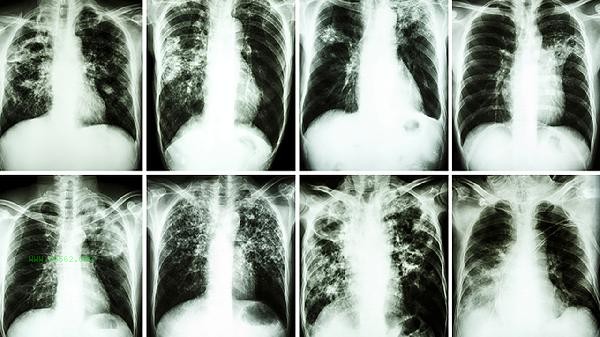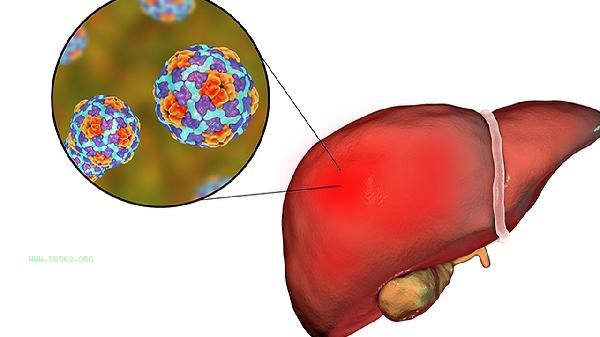The abnormal expression of aldehyde ketone reductase 3600AKR1C3 may be associated with certain cancer risks, but it is not a direct carcinogen. The carcinogenic risk is mainly related to mechanisms such as hormonal metabolism imbalance, increased oxidative stress, inflammatory microenvironment, enhanced drug tolerance, and activation of tumor signaling pathways.

1. Hormone metabolism imbalance:
AKR1C3 is involved in the metabolism of androgen and estrogen. Overexpression of AKR1C3 in prostate cancer and breast cancer may lead to abnormal local hormone levels. This enzyme can convert weak acting androgens into potent dihydrotestosterone, while promoting the conversion of estrogen precursors into active estrones. This hormonal microenvironment change may stimulate hormone dependent tumor growth.
2. Increased oxidative stress: As a member of the aldehyde ketone reductase family, AKR1C3 may generate an oxidation-reduction cycle when clearing active aldehydes. When enzyme activity increases abnormally, it can actually lead to the accumulation of reactive oxygen species, causing DNA oxidative damage. This persistent oxidative stress state may increase the probability of cellular mutations, particularly evident in liver and lung cancer. 3. Inflammatory microenvironment: The expression level of AKR1C3 is usually elevated in chronic inflammatory tissues, and this enzyme can metabolize inflammatory mediators such as prostaglandins. In colorectal cancer and gastric cancer, AKR1C3 may maintain the inflammatory microenvironment, promote abnormal cell proliferation, and form an inflammation cancer transition chain under long-term inflammatory stimulation.
4. Enhanced drug tolerance:
It has been found in the treatment of leukemia and ovarian cancer that high expression of AKR1C3 can accelerate the metabolic inactivation of anticancer drugs. This enzyme can reduce the carbonyl structure of anthracycline chemotherapy drugs, reduce drug toxicity, and lead to drug resistance in tumor cells, indirectly affecting the effectiveness of cancer treatment.

5. Activation of tumor signal pathway:
AKR1C3 may participate in cell signal transduction through non enzymatic function, and can activate survival promoting pathways such as PI3K/AKT and MAPK in pancreatic cancer and glioma. Its metabolite prostaglandin F2 α can also stimulate the EGFR pathway, jointly promoting tumor cell proliferation and metastasis.
It is recommended to regularly monitor AKR1C3 related tumor markers such as PSA, CA125, etc., maintain a regular sleep schedule to avoid endocrine disorders, and increase intake of cruciferous vegetables to assist detoxification metabolism. For individuals with a family history of cancer or chronic inflammatory diseases, genetic testing can be considered to evaluate AKR1C3 polymorphism, and if necessary, non steroidal anti-inflammatory drugs or antioxidants can be used for intervention under the guidance of a doctor. Daily exposure to aldehyde chemicals should be avoided, smoking should be quit, and alcohol intake should be controlled. These measures can help reduce the potential risk of cancer caused by abnormal activation of AKR1C3.










Comments (0)
Leave a Comment
No comments yet
Be the first to share your thoughts!